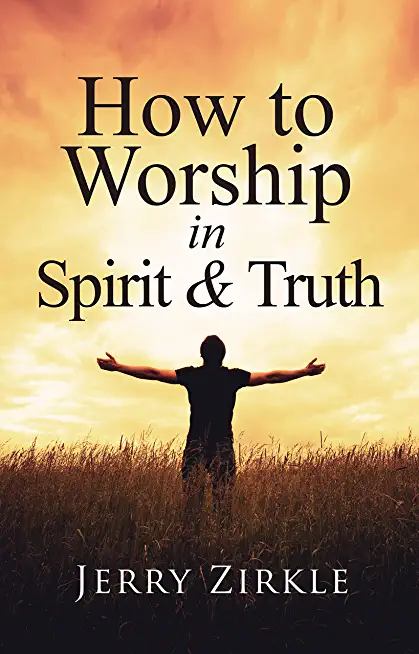
Carefully drawing on a wide range of primary sources, including Tutu's unpublished speeches, addresses, and sermons, as well as a variety of secondary sources, Battle portrays Tutu as a theologian who embraces Anglican orthodoxy and who has consistently applied that framework to issues of race in the South African context.
Yet Desmond Tutu is much more than a conventional theologian. Battle wisely recognizes in him not only an articulate preacher and at times an unwilling politician, but most significantly a genuinely committed theologian whose deepest roots are in prayer and protest. Central to knowing this Tutu is understanding his position that apartheid "makes no theological sense ... for it denies that human beings are created in the image of God".
The author also looks at Bishop Tutu against the backdrop of major traditions in Western theology (specifically, Calvinist and Anglican) and especially contemporary liberation theologies (including those of James Cone and Itumeleng Mosala) -- underscoring the ways in which Tutu's theology comes out of the particularity of the black South African experience.







